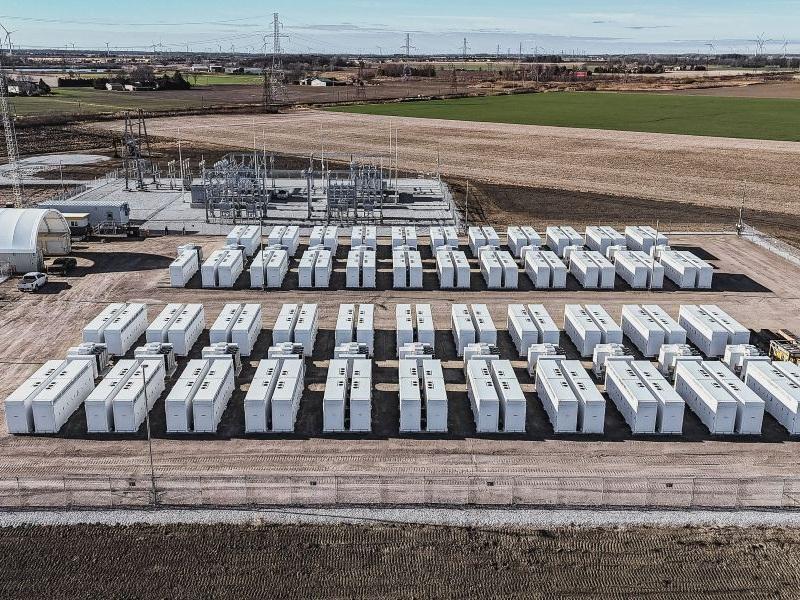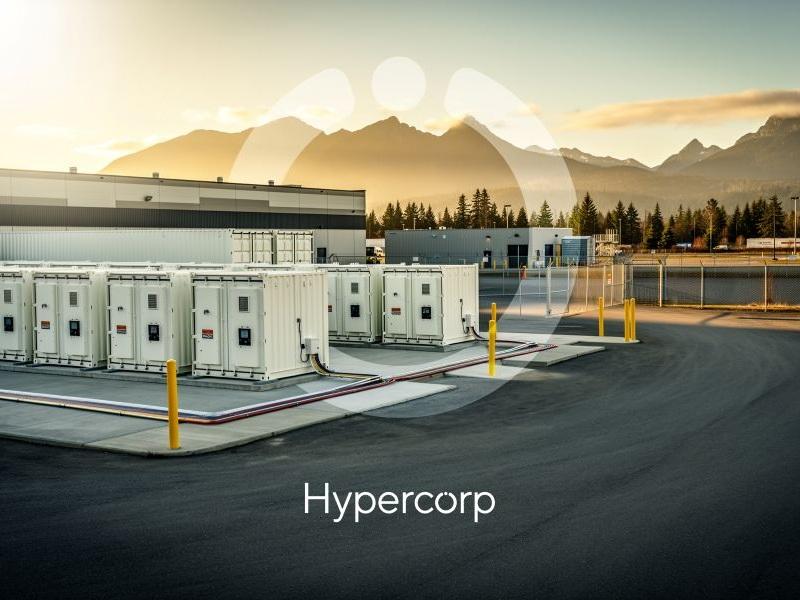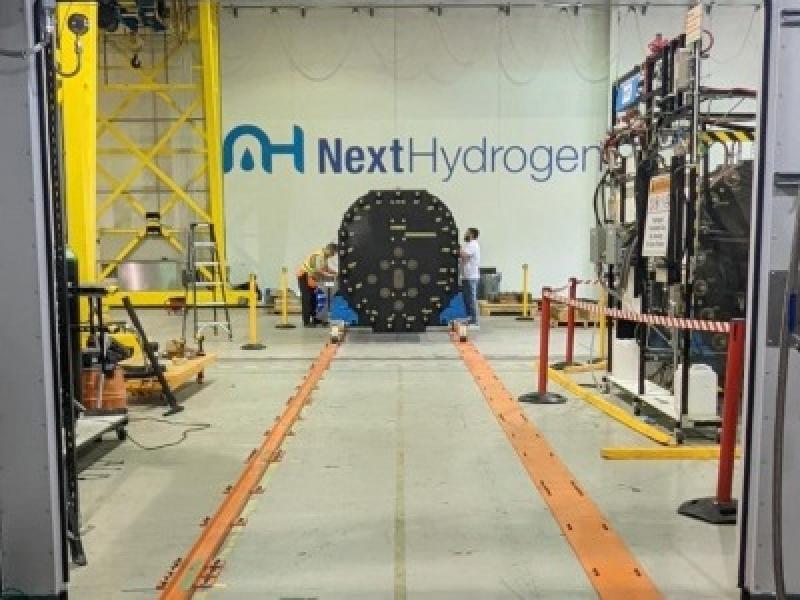
Li-Cycle Holdings Corp. has received a $375 million loan from the U.S. Department of Energy (DOE) to finance its Rochester, N.Y. Hub facility, said to be the first commercial hydrometallurgical resource recovery facility in North America.
Li-Cycle (LICY-N) says it can recover up to 95 per cent of the waste materials from used lithium-ion batteries with its low-temperature recycling process, while producing 70 per cent less carbon emissions compared to traditional battery recycling.
In a release, the Toronto-based lithium-ion battery recycler says the conditional loan was offered through the DOE’s Advanced Technology Vehicles Manufacturing program. It is said to be the first conditional commitment from the program for a “sustainable pure-play battery materials recycling company and the program’s main support for the lithium-ion battery recycling industry.”
“We are delighted to receive the first conditional commitment from the DOE LPO (Loans Program Office) for a resource recovery facility," said Ajay Kochhar, Li-Cycle’s co-founder, CEO and president in a press release, "as it further supports our efforts to create a sustainable domestic supply chain of battery-grade materials in the U.S. and to grow American jobs.
“The Rochester Hub is a cornerstone asset for Li-Cycle and its stakeholders and will be an important contributor to the clean energy economy.”
Funding Li-Cycle’s Rochester Hub
Li-Cycle’s Rochester recycling hub is designed to become a source of lithium, nickel and cobalt, considered critical elements in battery production. In a previous release, Li-Cycle said the Rochester Hub represents an investment of approximately $486 million.
The $375-million loan is expected to close in Q2 2023, with a term of up to 12 years from financial close.
Debbie Simpson, Li-Cycle's chief financial officer, said in the release the loan enhances the company's balance sheet and provides flexibility for continued expansion and growth.
The Rochester Hub will have a processing capacity of up to 35,000 tonnes of black mass per year – equal to approximately 90,000 tonnes of lithium-ion battery material or 18 gigawatt-hours of lithium-ion batteries.
Li-Cycle expects commissioning in late 2023. Once operational, the company anticipates annual production of up to 8,500 tonnes of lithium carbonate, 48,000 tonnes of nickel sulphate and 7,500 tonnes of cobalt sulphate.
Around 270 new permanent jobs are expected to be created, along with 1,000 jobs during construction.
The Hub will become the first commercial-scale source of recycled, battery-grade lithium in North America.
In the U.S. and Canada, there is increased demand for critical minerals that supply electric vehicles and batteries, bolstered by political pressure to cut reliance on rare earth minerals sourced from China and to build domestic supply chains.
The Rochester Hub will help enable these shifts, supported by the U.S. Inflation Reduction Act that added billions in loan authority to the DOE, according to Jigar Shah, director of the Loan Programs Office, in a press conference.
Li-Cycle’s global expansion
The Rochester Hub is part of Li-Cycle’s worldwide expansion plans in 2023.
The company plans to add facilities in Ohio, Norway and Germany, where it can recycle 35,000 tonnes of waste per year. In 2022, it added recycling facilities in Arizona and Alabama; each with a capacity of 10,000 tonnes per year, on top of a facility in Kingston, Ont. that can process 5,000 tonnes per year.
The loan joins a total of $350-million in investments Li-Cycle received in 2022 – including a $200-million investment from Glencore, and $100 million from LG Chem, Ltd., LG Energy Solution, Ltd. and an affiliate of Koch Strategic Platforms.










